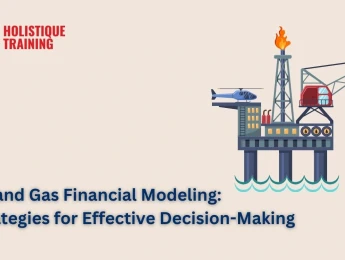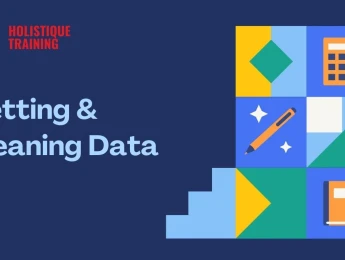Effective production technology is essential to maintaining a productive and safe operation for good use in the oil and gas industry. The well production system extends from the reservoir, where water for work is gathered, right up to the well itself, where product is exported for use.
Managing these facilities using a structured and strategic framework and action plan will reduce the workload, help keep the workforce safe from avoidable accidents, and increase the business's profit.
Production technologists, fondly known as ‘well Doctors, ’ will need to grow their expertise and experience in the foundations of well construction and management. They will need to understand the theory, science, and discipline surrounding wells to maximise the company's benefit and generate a higher return on investment.
The most important factors to consider are the good design and location, the stimulation of flow, sand management and the artificial lift generated by the facilities management team onsite.
Upon completion of this course, participants will be able to:
- Understand the role of production technology in the oil and gas industries.
- Develop a structured framework for operational production.
- Design production technology that will have the largest return on investment for the company.
- Consider workflow management and how to keep the workforce safe.
- Maximising gains by using the most up-to-date and innovative technology.
- Gain a deeper understanding of industry best practices.
- Monitor risk areas and develop plans for business continuity if an incident occurs.
- Manage an incident end-to-end with health and safety in mind.
- Monitor the results and benchmark against other market leaders to keep production technology up-to-date and relevant.
- Describe the essential components of production technology and develop tools and techniques for best practice.
- Implement a business recovery plan to maximise gas and oil production.
This course is designed for anyone interested in developing knowledge in the production technology field within the gas and oil industry. It would be most beneficial for:
- Production Technologists
- Engineers
- Geoscientists & Petrophysicists
- Well Engineers
- Well Designers
- Facilities Management Personnel
- Surface Engineers
- Operational & Production Managers
- Business Owners
This course uses a variety of adult learning styles to maximise comprehension and understanding. It contains video demonstrations of appropriate well construction in different scenarios, discussing the benefits of each design. The participants will engage in group seminars and discussions regarding potential risk areas and generate a framework using techniques and tools to generate the most profit with a long-term vision while adhering to regulations and health and safety guidelines.
Day 5 of each course is reserved for a Q&A session, which may occur off-site. For 10-day courses, this also applies to day 10
Section 1: The Fundamental Structure of Well Building & Maintenance
- How production technology works.
- Why proper plans are needed to create production technology.
- The build-up of a well and how it works.
- Why is well-maintenance required within the oil and gas industry?
- PVT.
- Understanding the market and export theory.
- Keeping up to date with technological improvements and innovation.
Section 2: Outflow, Inflow & Perforating
- Inflow theory and performance relationships.
- Outflow theory and vertical lift.
- How lift performance can make a difference.
- Perforating theory.
- Perforating selection and its importance.
Section 3: Sand Management & Flow Stimulation
- How to manage formation damage.
- The matrix of stimulation and hydraulic fracking within stimulation theory.
- Downhole sand control and stimulation selection procedures.
- Sand management, maintenance and disaster recovery.
Section 4: Artificial Lifting & Facilities Management
- Artificial gas lift.
- Electrical submersible pumps and their functions.
- Selection of artificial lifts.
- Facilities management of the well and reservoir.
- How to implement project plans for facilities management to track risks and change.
- Reporting of facilities issues and lessons learned.
Section 5: Production Optimisation & Problem Solving
- Optimising your production system.
- Finding appropriate solutions to incidents.
- Health and safety regulations and considerations.
- Solutions selection based on profit margins and budgeting.
- Challenges and root-cause analysis.
- Benchmarking against competitors and how to make sensible changes.
Upon successful completion of this training course, delegates will be awarded a Holistique Training Certificate of Completion. For those who attend and complete the online training course, a Holistique Training e-Certificate will be provided.
Holistique Training Certificates are accredited by the British Assessment Council (BAC) and The CPD Certification Service (CPD), and are certified under ISO 9001, ISO 21001, and ISO 29993 standards.
CPD credits for this course are granted by our Certificates and will be reflected on the Holistique Training Certificate of Completion. In accordance with the standards of The CPD Certification Service, one CPD credit is awarded per hour of course attendance. A maximum of 50 CPD credits can be claimed for any single course we currently offer.
- Course Code IND01-113
- Course Format Classroom, Online,
- Duration 5 days














